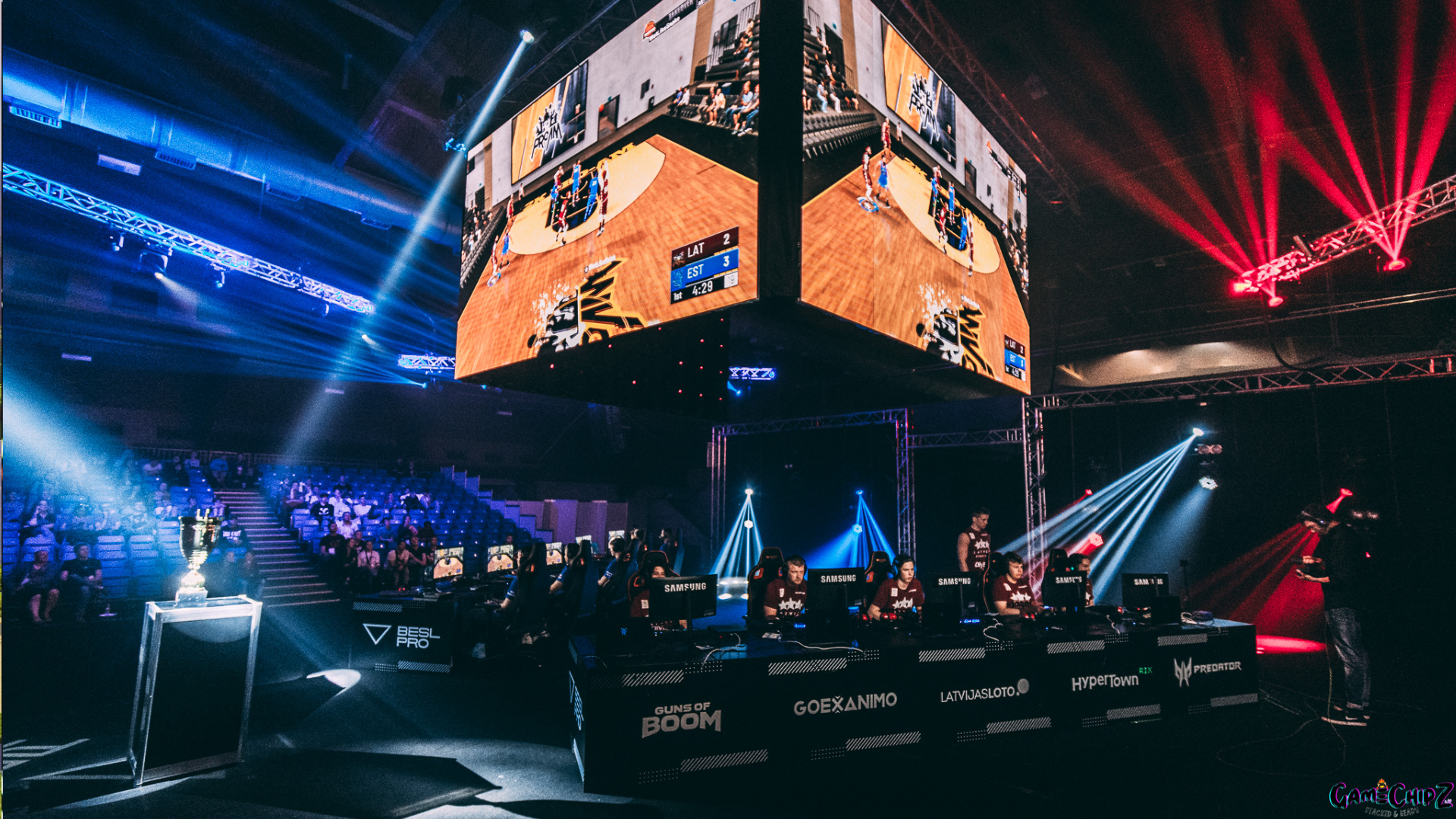When Arcane burst onto Netflix, it didn’t just captivate audiences with its stunning visuals and gripping storytelling—it sparked a massive conversation among League of Legends fans. The question on everyone’s mind: Is Arcane canon? This query isn’t just about whether the series fits neatly into the lore; it’s about understanding how Arcane reshapes, enriches, or even challenges the long-standing narratives of League of Legends.
Lore in the League universe has always been a tapestry of character backstories, regional conflicts, and cosmic mysteries. Now, with Arcane taking center stage, fans are eager to know whether the show seamlessly intertwines with the game’s established world or stands apart as its own narrative masterpiece. Let’s dive deep into the heart of this debate and uncover the truth behind Arcane’s place in the League of Legends universe.
What Does “Canon” Mean in the Context of League of Legends?
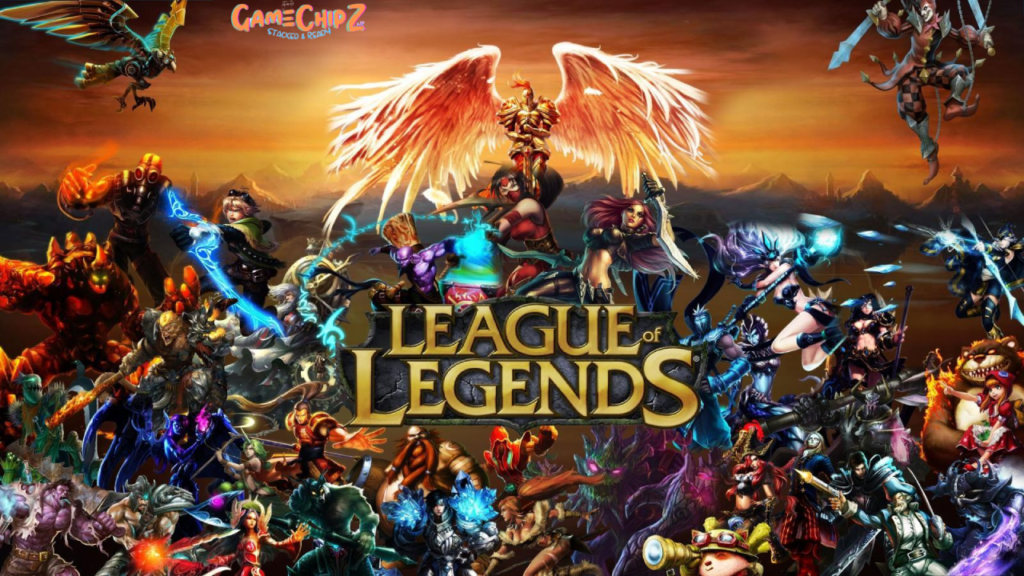
To determine whether Arcane is canon, we first need to understand what “canon” means in the world of storytelling. Simply put, canon refers to the official storyline or lore recognized as part of a fictional universe. It’s the definitive account of characters, events, and worlds that creators acknowledge as “real” within their narrative framework.
In League of Legends, canon has been a fluid concept. The game started with minimal lore—just a few character bios and regional tidbits. Over time, Riot Games expanded the universe, creating intricate backstories, rivalries, and even entire regions like Piltover, Zaun, and Runeterra. But unlike traditional storytelling, where canon is tightly controlled, League of Legends allows for flexibility. Riot has been known to retcon (revise and reinterpret) certain stories to better fit their evolving vision.
This raises an important question: How does Arcane, as a serialized show, fit into this ever-changing tapestry? Does it uphold the existing lore, reinterpret it, or set a new standard entirely? Understanding Riot’s approach to canon is key to answering these questions. Let’s take a closer look at Arcane itself to see where it stands.
What Is Arcane?
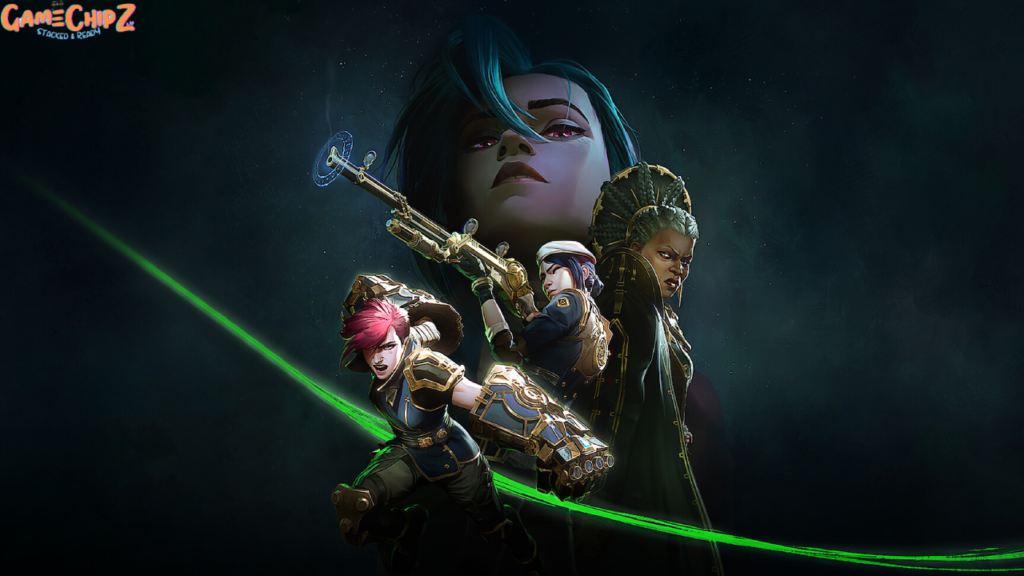
Arcane is more than just a TV show—it’s a cultural phenomenon that brought League of Legends to a global audience in an entirely new way. Released on Netflix in November 2021, Arcane was developed by Riot Games in collaboration with Fortiche Productions, blending breathtaking animation with a story that dives deep into the lives of beloved champions.
Set in the dual cities of Piltover and Zaun, Arcane explores the gritty underbelly of innovation, power, and societal divides. The series focuses on iconic characters like Vi, Jinx, Jayce, Caitlyn, Viktor, and others, revealing their origins, motivations, and the events that shaped them. From Vi and Jinx’s heartbreaking sibling rivalry to Jayce’s rise as a scientific prodigy, Arcane adds emotional depth to the characters players know and love.
But Arcane isn’t just a love letter to League of Legends fans; it’s also a standalone masterpiece. Its intricate world-building, morally complex characters, and universal themes of ambition and loss have garnered acclaim from gamers and non-gamers alike. Yet, its ties to the League of Legends universe remain undeniable, leaving fans wondering how closely the series aligns with the game’s established lore.
With this foundation in mind, we’re ready to address the big question: Is Arcane canon? Let’s unpack Riot’s stance and what it means for fans.
Is Arcane Canon?
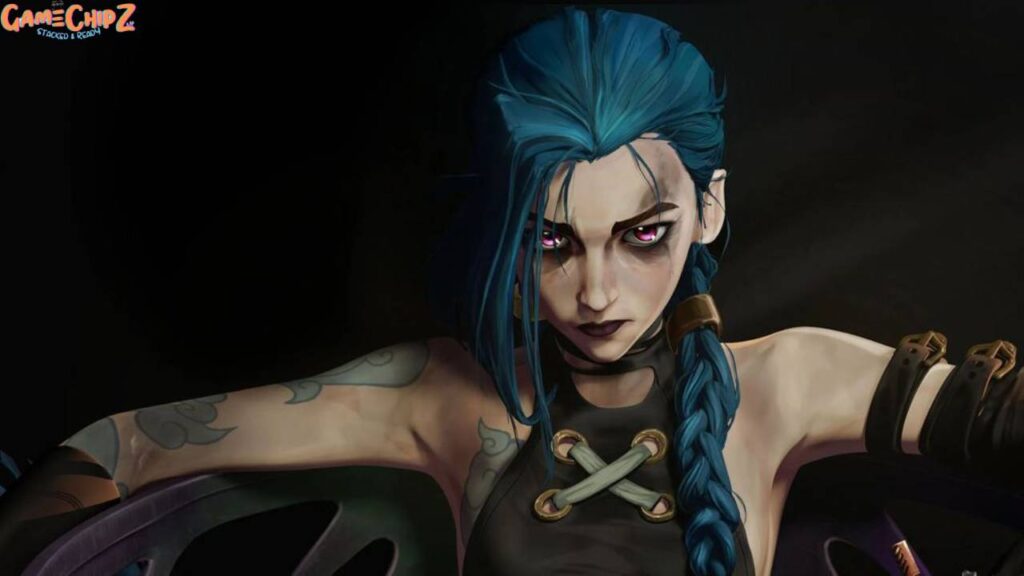
The short answer is yes—Arcane is canon within the League of Legends universe. Riot Games has confirmed that Arcane represents an official exploration of the lore, serving as a deep dive into the backstories of key champions. However, the series doesn’t merely replicate existing stories from the game; it expands and reimagines them to fit a serialized narrative.
For example, in the game’s lore, Vi and Jinx are known for their explosive rivalry as enforcer and outlaw, respectively. Arcane explores this dynamic further, showing their tragic past as sisters torn apart by trauma and circumstance. Similarly, characters like Jayce and Viktor—whose rivalry is hinted at in-game—are given fully fleshed-out arcs in Arcane, delving into their early partnership and eventual ideological split.
That said, Arcane introduces nuances and retcons that might differ from earlier League of Legends storytelling. Riot Games has emphasized that while the show builds on established lore, it also reflects their vision of a living, evolving universe. This means Arcane is both a faithful adaptation and a bold reimagining, fully embraced as part of the canon.
Differences Between Arcane and Traditional League of Legends Lore
While Arcane is canon, it doesn’t align perfectly with every aspect of the game’s pre-existing lore. Riot Games has taken creative liberties to craft a compelling, standalone narrative that appeals to a broad audience. Here are some notable differences:
- Vi and Jinx’s Relationship
In the original lore, Vi and Jinx’s backstory was left intentionally ambiguous, with hints of a shared past but no explicit details. Arcane cements their bond as siblings, adding emotional weight to their feud. - Jayce and Viktor’s Partnership
The game’s lore portrays Jayce and Viktor as rivals, with little context for their animosity. Arcane introduces a collaborative history, showing how their friendship deteriorates over conflicting ideals. - Piltover and Zaun’s Representation
While the game highlights the technological advancements of Piltover and the chaotic underworld of Zaun, Arcane brings these cities to life, exploring their socio-political complexities in vivid detail.
These deviations don’t undermine the show’s canonicity but rather enrich the League of Legends universe, bridging gaps and adding depth to familiar characters and settings. For fans, Arcane offers a fresh perspective that complements the game’s lore while carving out its own narrative identity.
How Does Arcane Impact League of Legends Fans and Players?
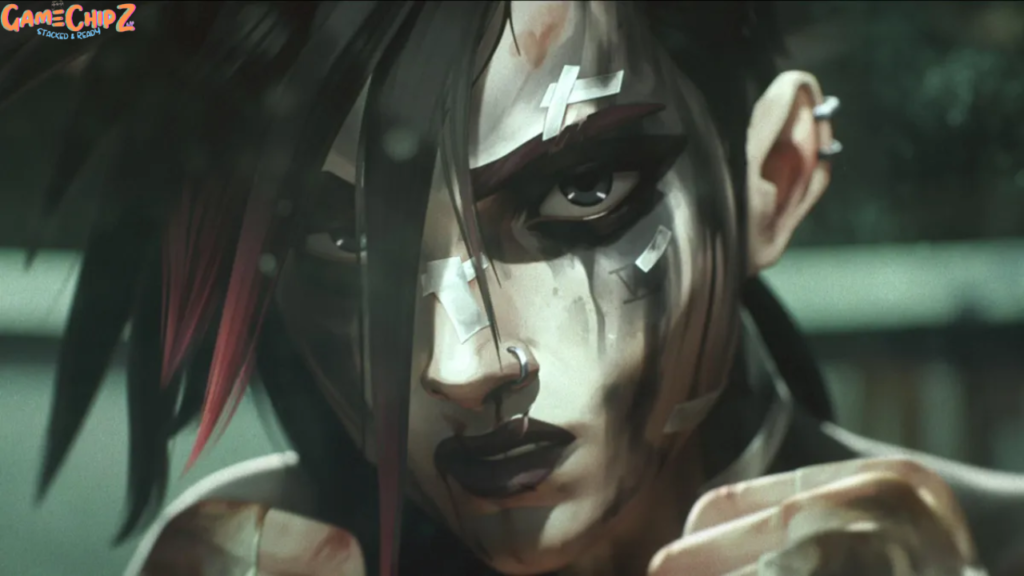
Arcane has profoundly influenced the League of Legends community, bridging the gap between hardcore fans and newcomers alike. By delivering a deeply emotional and visually stunning story, the series has reshaped how players view their favorite champions and the world they inhabit. Here are some key ways Arcane has impacted the League of Legends universe:
- Character Depth and Emotional Connection
Before Arcane, champions like Vi, Jinx, and Caitlyn were known primarily for their in-game abilities and lore snippets. Now, fans see them as multi-dimensional characters with personal struggles and growth. This emotional depth has added new layers to gameplay, as players bring Arcane’s context into their matches. - Expanded Fanbase
Arcane introduced millions of new viewers to the League of Legends universe, many of whom had never played the game. The series’ success on Netflix brought unprecedented attention to League of Legends, leading some viewers to become active players and explore the game’s lore further. - In-Game Content and Events
Riot Games has capitalized on Arcane’s success by integrating its themes and characters into the game. From Arcane-themed skins for champions like Jinx and Vi to limited-time events and rewards, the show has left a tangible mark on League of Legends gameplay. - Fan Theories and Discussions
With Arcane’s additions to the lore, fans have engaged in vibrant discussions and debates about its implications for the League of Legends timeline. The show’s ambiguous ending and character arcs have sparked countless theories, fueling excitement for future seasons and in-game updates.
By blending storytelling with gameplay, Arcane has transformed League of Legends from a competitive multiplayer game into a richer, more immersive experience. It’s not just about winning matches anymore—it’s about understanding the characters, their struggles, and the world they fight for.
Future of Arcane and League of Legends Canon
As Arcane continues to captivate audiences, the future of the series and its integration into League of Legends lore looks brighter than ever. With Season 2 already confirmed, fans are eager to see how the story evolves and what it means for the broader League of Legends universe.
- Expanding Character Arcs
Season 1 of Arcane introduced us to the origins of champions like Vi, Jinx, Jayce, and Viktor, but many questions remain unanswered. What lies ahead for these characters? Will the tragic feud between Vi and Jinx reach a resolution? And how will Jayce and Viktor’s ideological clash shape Piltover and Zaun’s future? Season 2 promises to delve deeper into these narratives, potentially bringing even more champions into the mix. - Bridging Lore Gaps
Riot Games has a unique opportunity to use Arcane to fill gaps in League of Legends lore, exploring stories that are only hinted at in the game. Whether it’s shedding light on Zaun’s darker secrets or revealing Piltover’s political intricacies, the show can continue to expand the universe in ways that feel authentic and enriching. - Influence on In-Game Updates
With Arcane’s popularity, Riot Games may introduce more in-game events, skins, and storylines inspired by the series. Champions featured prominently in Arcane could see updates to their lore, voice lines, or gameplay mechanics to reflect the series’ impact. - Potential Spin-Offs
The world of League of Legends is vast, and Arcane is just one slice of it. The success of the show could pave the way for spin-offs focusing on other regions or champions, such as Demacia, Noxus, or Ionia. Imagine a series exploring the rivalry between Garen and Katarina or the mystical journey of Irelia and Karma—Riot has countless stories to tell.
Conclusion
To answer the central question: yes, Arcane is canon in the League of Legends universe, but it also serves as a transformative piece of storytelling. It not only builds on the established lore but also expands it in ways that add richness and depth to the characters and world. Riot Games’ commitment to blending the game’s universe with Arcane’s narrative ensures that both long-time players and new fans can connect to the evolving story.
As Arcane grows in scope and influence, it continues to redefine what it means to be part of the League of Legends lore. The series stands as a testament to Riot’s dedication to storytelling, proving that even a competitive game can house a universe filled with complexity, emotion, and timeless appeal.
FAQ
Is Arcane officially part of the League of Legends lore?
Yes, Riot Games has confirmed that Arcane is canon, meaning it is an official part of the game’s universe.
Are all the characters in Arcane the same as in the game?
While Arcane features many champions from League of Legends, some backstories and relationships have been expanded or reimagined to fit the show’s narrative.
Do I need to play League of Legends to understand Arcane?
Not at all. Arcane is designed to be accessible to both fans of the game and newcomers, offering a standalone story that anyone can enjoy.
Will Arcane influence future game updates?
It already has. Riot Games has introduced Arcane-themed content, including skins, events, and lore updates, with more likely to come as the series progresses.
What can we expect from Arcane Season 2?
While details remain under wraps, Season 2 will likely continue exploring unresolved storylines and introduce new layers to the League of Legends universe. Fans are eagerly awaiting its release to see how the lore evolves.

